Kittens’ immune system is weak at an early age of their life. Offering a bath to a kitten could risk their life. The fur of the kitten is made in a way that provides insulation to the body. When kittens are wet, their body tries to adjust the temperature. They are not robust to protect themselves and eventually die.
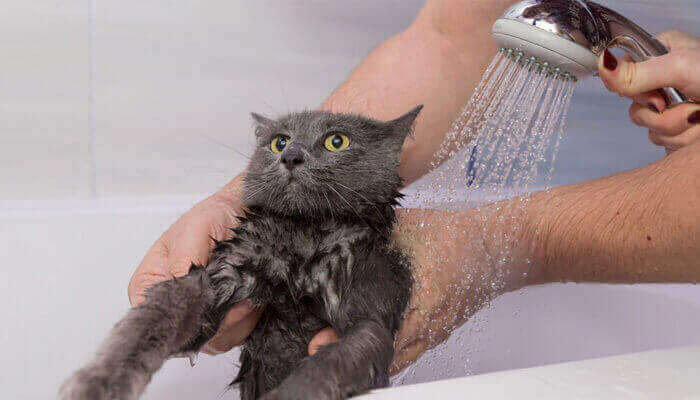
Why Do Cats Hate Bath?
Household cats stay away from the regular bath. They do not like to dip themselves in the water and clean. Whenever you try to shower them, they will run away from you and resist the bath. It is expected behavior across all breeds of cats.
Some study shows that the cats have lived their most part life in dry climates. These animals were away from the rivers or lake water bodies; hence, they never enjoyed the bathing experience.
Except for the drinking water, their connection with the water is minimal. Because species evolve in such an environment, they still follow this culture and avoid water as much as possible.
Another reason could be the cat fur is more like a sponge.
When you pour the water on the fur, it soaks up some part of it and becomes heavy. This irritates the cat and makes it grumpy. Also, it takes the fur a reasonable amount of time to dry out completely.
Cats spend most of their time grooming. They want their body to stay clean and fur in good shape. When you perform the bath for the cat, the grooming process will take a reasonable amount of time.
Also, until the fur dries out completely, the cat cannot go to sleep. Hence, they have to stay awake the whole time. As you know, cats like to take 16 to 18 hours of sleep every day, and a bath is going to compromise their daily routine.
Wet fur is highly unhealthy for the cat. The body temperature of the cat drops and makes them less active. Additionally, the damp fur becomes heavy, slowing down and becoming easy targets for predators. Thus, cats do not like to take chances and stay away from the water.
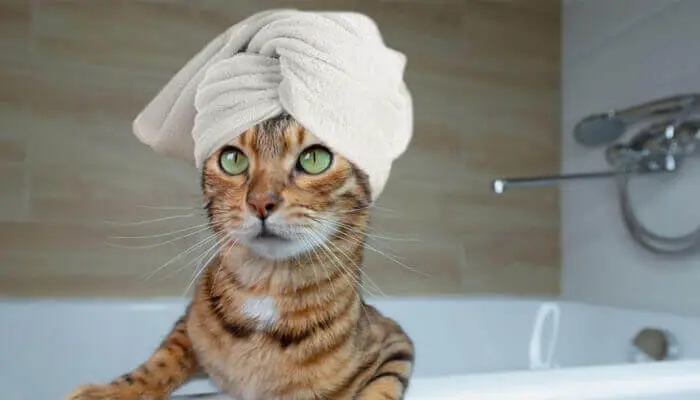
How long does it take for a cat to dry after a bath?
The drying process of the cat fur depends on the temperature around them. The hot region with a temperature ranging between 30 to 35 degrees could dry the cat in an hour. The cold reasons would have humid air, which may take the cat some time to dry out.
The fur of the cat is very delicate. When exposed to the access heat, the fur gets weak and will drop from the skin. After a bath, the wet region will become delicate, so you should not use your hand or brush to dry a cat. Also, it is vital to know how to dry the fur without damaging their skin.
Increasing the temperature in the room slowly with the use of the heater could make the fur dry naturally. As the temperature in the room goes up, the water trapped in the fur will start to evaporate. Soon the water drops will evaporate, leaving no trace of moisture.
Wet fur will irritate the cat after the bath; hence you should not leave them alone and wait for the water to dry. Create a suitable condition for the cat, so the fur becomes dry quickly without damaging their skin.
These are some of the gentle methods to manage the cat fur and avoid damage to it.
Towel
After the bath, the cat would immediately start licking themselves to dry their fur. It would be best if you did not allow them to lick the fur after the bath, or else it will begin to smell. Keep the try towel ready and as soon as you complete the shower, take the towel and gently rub on the fur to soak the water.
Use the towel made of cotton so it will soak water quickly. If possible, use a warm towel to increase the soaking process. Also, a heated towel will work as insulation to the body and maintain the temperature of the cat’s body after you complete the bathing.
Warm room
After you complete the bath, use the warm room to dry the cat naturally. Keep the cat near you, and do now allow her to lick their fur.
Hold the cat in a towel; maintain the body temperature until the cat’s fur dries out completely. When you see the fur is drying and most water is gone, remove the towel and put the cat on the floor to let her fur dry quickly.
Do not use a hairdryer to dry the cat. Blowing air could break the cat’s fur and affect their skin. Also, the dryer’s heat may cause skin burn, and the cat will have less hair in the area where it was exposed to the heat. Also, it may make the cat aggressive with the sound of the hairdryer.
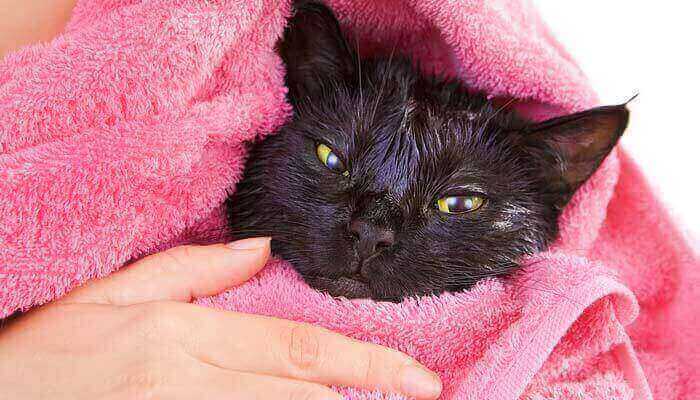
Will my cat get sick from the bath?
Yes. It is quite possible that after the bath, the cat catches a cold. Hypothermia or low body temperature could affect the cat’s health. In the normal condition, the cat requires a temperature between 100.5 to 102.5 F.
After the bathing, the cat’s body temperature reduces significantly, making them shiver and produce anxiety. It may take some time for the cat to dry out. Especially in the cold region, bathing could substantially affect the cat’s health; they may die.
Your cat should get sick due to wet fur. Thus, it would be best if you left the grooming season of the cat to the experts. It is vital to maintain the cat’s body temperature to a certain degree and quickly soak the water on the fur before they catch a cold.
Also, avoid performing the bathing session in cold weather. The cat may not manage their body temperature, and they fall sick immediately after the bath.
You are highly recommended to use the heated room when bathing your cat and using warm water instead of cold water. Keep the towel nearby so that when you complete your cat’s bathing, you can instantly start soaking the water and making them dry. If you follow these instructions carefully, there will be no issues with bathing your cat.

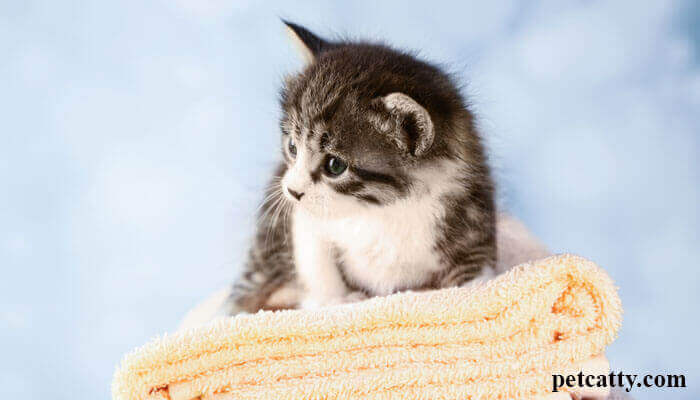

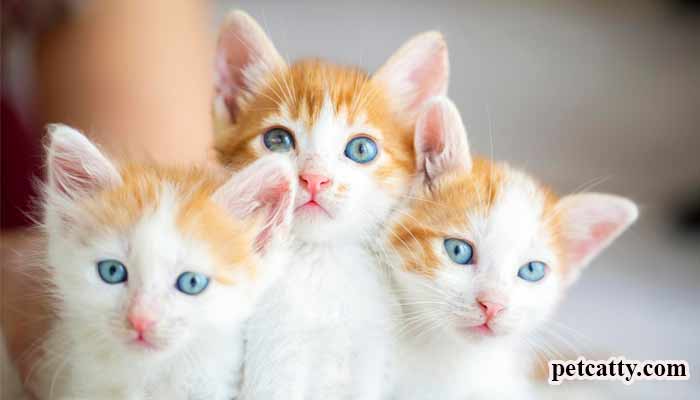
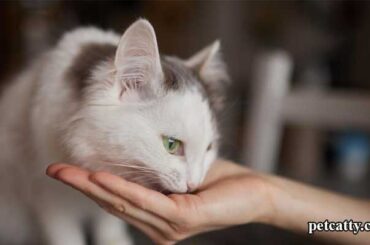

2 Comments
thanks, interesting read
Thanks for the post